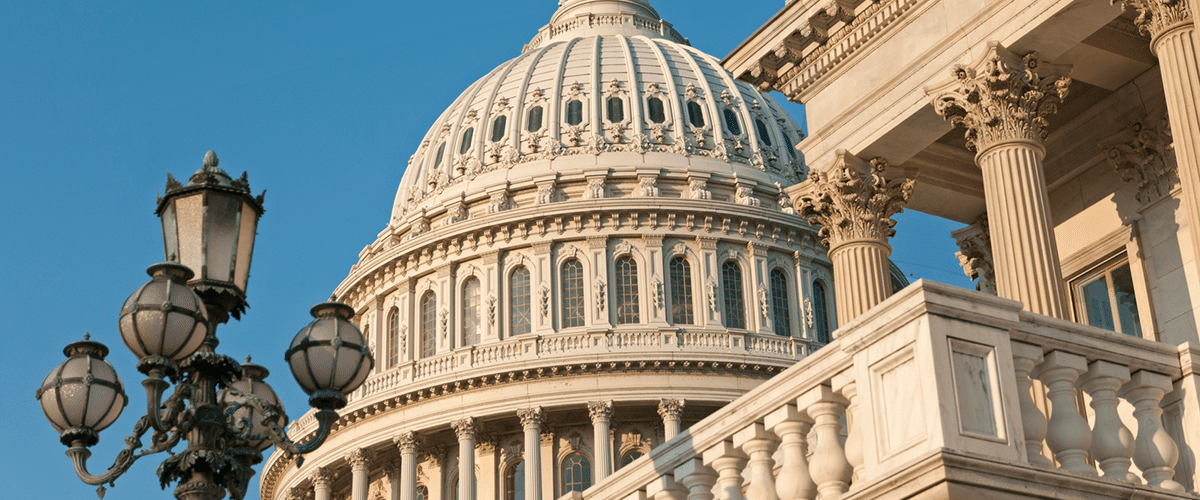[vc_row][vc_column][vc_column_text]
Congressmen sent a letter to U.S. Attorney General Jeff Sessions inquiring about allegations that the Department of Justice is deliberately blocking cannabis research.
A group of bipartisan Congressmen has sent a letter to U.S. Attorney General Sessions asking him to explain whether the Justice Department is purposely stalling medical marijuana research. The lawmakers voiced their concerns in response to a report earlier this month by The Washington Post, which said that the Drug Enforcement Administration hasn’t acted on the more than 20 applications filed in the past year for licenses to grow cannabis for research because of holdups by the DOJ.
Representatives Matt Gaetz (R-Florida), Dana Rohrabacher (R-California), Jared Polis (D-Colorado), and Earl Blumenauer (D-Oregon) signed the letter, which urges that “the DEA’s rule to be followed, and for the permitting process to move forward with all possible expeditiousness.”
“It is worrisome to think that the Department of Justice, the cornerstone of American civil society, would limit new and potentially groundbreaking research simply because it does not want to follow a rule,” the Congressman wrote in the letter. “We write to inquire whether the allegations raised by the Post are true, and, if so, to understand the Department of Justice’s rationale in refusing to process these applications.”
For nearly 50 years, researchers interested in investigating cannabis have been required to obtain their material from the University of Mississippi, the single source in contract with the National Institute on Drug Abuse. The limited marijuana supply, which has been criticized for its quality, has caused delays for researchers. The DEA had promised last year to issue more federal permits for growing research-grade cannabis. Dozens of interested growers have applied, but none have received a response.
Three of the four Congressmen that sent the letter are part of a registered Congressional Member Organization – the Congressional Cannabis Caucus – formed to promote the interests of the legal cannabis industry and to further congressional action on cannabis.[/vc_column_text][/vc_column][/vc_row][vc_row][vc_column][vc_single_image image=”27642″ img_size=”full” onclick=”custom_link” img_link_target=”_blank” link=”https://www.medicalmarijuanainc.com/overview-of-medical-marijuana-research/”][/vc_column][/vc_row][vc_row][vc_column][vc_column_text]Under federal law, cannabis remains classified as Schedule I under the Controlled Substances Act and therefore prohibited. Twenty-nine states and Washington D.C. have passed their own laws permitting marijuana for medical purposes.
“Over eighty percent of Americans believe that doctor-prescribed marijuana should be legal, according to recent polls,” the letter reads. “Yet despite widespread public support, health care professionals are understandably cautious about prescribing medical marijuana. Further research into its safety and efficacy is necessary. Only rigorous scientific research can ascertain the medical potential of cannabis, if any, but the rules and regulations surrounding cannabis make research extremely challenging.”
Attorney General Sessions has historically been a vocal opponent of cannabis, and over the past few months has attempted to crack down on medical marijuana and directly questioned the efforts of the four states with operational recreational markets to combat illegal activity. He continues to challenge the idea that cannabis legalization can benefit the country and has claimed it leads to an increase in crime, despite research indicating the opposite.
“While we must continue our fight against organized crime and drug-related violence, it is our opinion that medical marijuana research falls outside of those categories, and does not pose a pressing danger to American society,” the letter from the lawmakers reads.
The full text of the letter is available through MassRoots.
You can learn about the findings of cannabis medical research that has been conducted by visiting our education page.[/vc_column_text][/vc_column][/vc_row]






